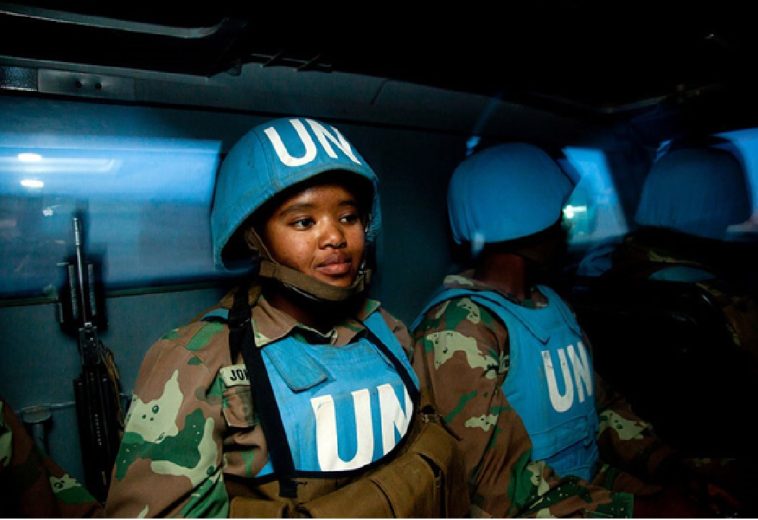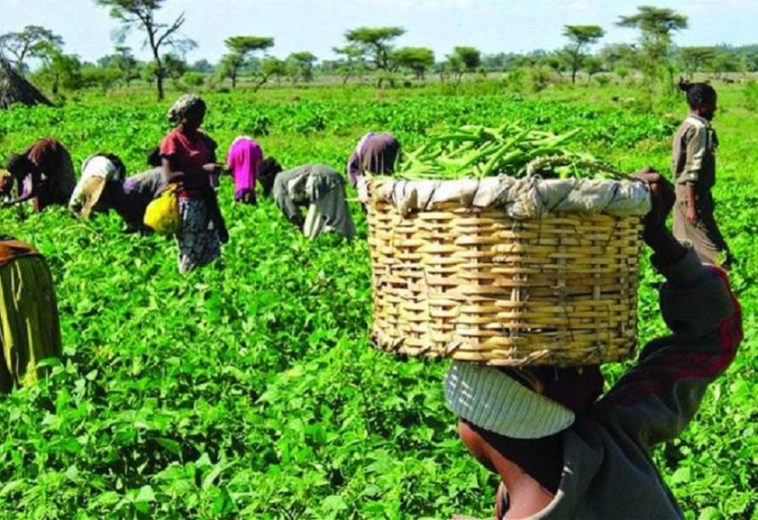Africa has long faced security challenges that threaten its peace, development, and prosperity. Over the decades, the rise of armed conflicts, terrorism, political instability, and organised crime has created a complex web of insecurity across the continent. In response, the African Union (AU) and various regional organisations have intensified their efforts, leveraging collective strength and shared commitment to combat these threats and secure a better future for Africa.
The African Union: Continental Commitment to Peace and Security
Established in 2002, the African Union replaced the Organisation of African Unity (OAU) with a renewed vision for an integrated and prosperous Africa. One of its central objectives is the promotion of peace and security across the continent. The AU’s peace and security framework is anchored in its Peace and Security Council (PSC), a pivotal body for decision-making and conflict prevention.
READ ALSO: How Peace Initiatives in Africa are Driving Economic Development
The African Standby Force (ASF)
A cornerstone of the AU’s security architecture is the African Standby Force (ASF), established to provide rapid-response capacity to peace and security challenges. The ASF consists of regional brigades located in five geographic zones: North, West, East, Central, and Southern Africa. It is equipped to conduct peacekeeping, conflict prevention, and humanitarian assistance missions, with the capability for rapid deployment in crises.
Conflict Prevention and Mediation
The AU prioritises conflict prevention, mediation, and post-conflict reconstruction. Through the Panel of the Wise, an advisory body to the PSC, the AU has developed early warning mechanisms and facilitated dialogue in nations facing tensions or conflict. In countries such as Sudan, South Sudan, Somalia, and the Central African Republic, the AU has played a critical role in mediating peace talks and brokering ceasefire agreements.
Regional Efforts: A Unified Front
The Economic Community of West African States (ECOWAS)
The Economic Community of West African States (ECOWAS), established in 1975, stands out as a leader in peacekeeping and conflict resolution. Its ECOWAS Standby Force (ESF) has intervened in significant crises, including the civil wars in
Liberia and Sierra Leone during the 1990s, and the political unrest in The Gambia in 2017.
In addition to peacekeeping, ECOWAS has demonstrated its commitment to conflict prevention through its Early Warning and Response Network (ECOWARN) and its Mediation and Security Council. These mechanisms aim to detect emerging crises and mediate disputes before escalation.
The East African Community (EAC) and IGAD
In East Africa, the East African Community (EAC) and the Intergovernmental Authority on Development (IGAD) have been instrumental in addressing security issues, particularly in South Sudan, Somalia, and Sudan.
The EAC has played a significant role in conflict mediation and peacekeeping, including facilitating the Arusha Peace Agreement in Burundi and supporting subsequent stabilisation efforts.
IGAD, comprising member states such as Kenya, Ethiopia, Somalia, and Uganda, has been crucial in addressing the complex conflicts in South Sudan and Somalia. The African Union Mission in Somalia (AMISOM), supported by IGAD member states, notably Uganda and Kenya, has significantly weakened the terrorist group Al-Shabaab, curbing its territorial control and operational capacity.
The Southern African Development Community (SADC)
The Southern African Development Community (SADC), representing Southern Africa, has also been active in conflict resolution and peacebuilding. For instance, SADC played a key role in mediating dialogue between the government and opposition in Zimbabwe and contributed to intervention efforts during the Second Congo War in the Democratic Republic of the Congo (DRC). Despite these efforts, achieving long-term stability in the region remains a challenge.
Challenges and the Path Ahead
Despite notable progress, several challenges continue to hinder the effectiveness of the AU and regional organisations. Limited funding, insufficient resources, and inconsistent political will remain significant obstacles. Coordination between the AU, regional organisations, and international actors often falls short, undermining the efficiency of interventions.
Moreover, the complexity of conflicts—exacerbated by ethnic, religious, and political factors—complicates peacebuilding efforts. The rise of non-state actors and extremist groups such as Boko Haram, Al-Shabaab, and the Islamic State further intensifies security threats across the continent.
The African Union and regional organisations like ECOWAS, IGAD, EAC, and SADC have demonstrated a steadfast commitment to addressing insecurity in Africa. Through peacekeeping operations, conflict resolution, and preventive diplomacy, these bodies remain crucial in stabilising the continent.
As Africa continues to face diverse security challenges, the AU and its regional partners must deepen their collaboration, enhance resource mobilisation, and learn from past experiences. Strengthening these efforts will be essential in achieving a more peaceful and secure future for Africa.




